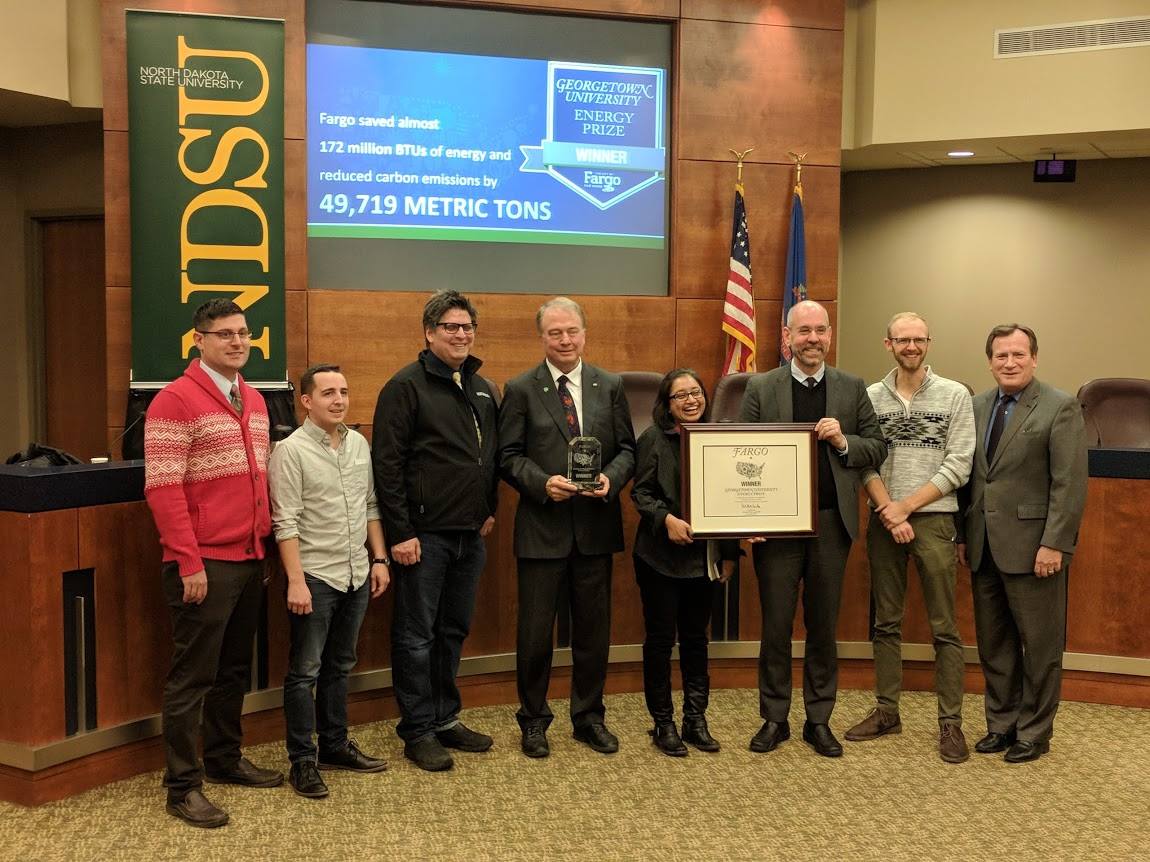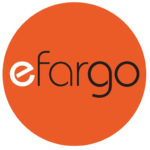After a two-year long competition, the city of Fargo has been awarded a $5,000,000 Energy Prize from Georgetown University.
A partnership called efargo was born when a collaborative team of the city of Fargo, NDSU, and two utility companies in Fargo: Cass County Electric Coop, and Xcel Energy came together to enter Fargo into the Georgetown University Energy Prize, a two-year competition in which fifty cities across the United States sought to take innovative actions in the way they understand, use, and plan energy use reduction. These efforts saved the city of Fargo an estimated $2,000,000 in gas and electric costs and made Fargo the national leader in sustainability.
efargo is an organization with many pieces to the puzzle. There are many areas that several undergrad and graduate research assistants have helped with. To name a few, there is community outreach, k-12 involvement, data collection and visualization, website graphics and updates, social media graphics and posts, pervasive energy gaming research, grant writing, events and planning, the efargo game, high performance building façade research, passive house design build studio, and more.
St. Paul EAPCers, NDSU alums, and former efargo team members Ian Schimke and Nathan Almen were both an integral part of efargo’s success.
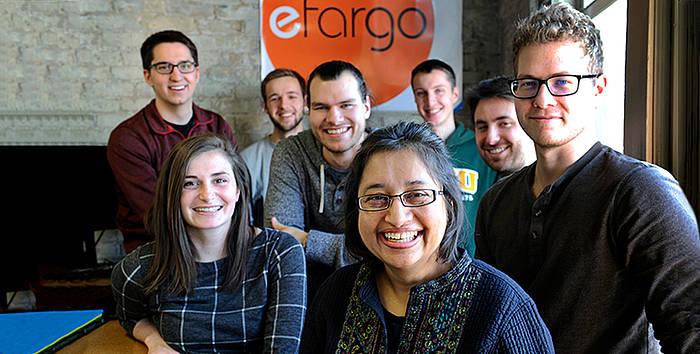
Nathan was involved with the efargo project, passive house design build studio. This ongoing project will result in building a group of low income passive house certified homes on a high traffic vacant lot in Fargo. Passive building cuts energy consumption by 60-80 percent compared to code buildings and provides the best path to Net Zero and Net Positive buildings.
“It was a great challenge to undertake, but an even greater educational experience. Our design build studio truly enlightened us in Passive Haus construction and design. Hopefully our work can become the bedrock for further studies of sustainable design that push boundaries of what is possible for the Fargo community.”
— Nathan Almen
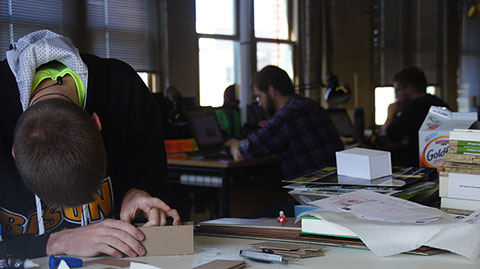
Ian was also involved in passive house design build studio and served as an efargo graduate research assistant for a year and a half. In addition to his work with passive house design build studio, he was also involved in a high performance building façade research studio where he researched, developed, and produced high performance façade concepts, with the intention to use these ideas to help ignite a future NDSU Architecture entry into the U.S. Department of Energy Solar Decathlon.
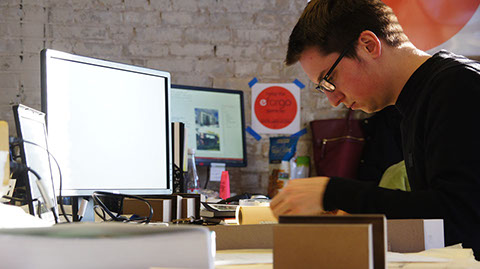
Ian was also responsible for efargo website graphic development, production and implementation, as well as general website updates.
As part of the efargo digital game graphic development and production, Ian created weekly informative graphics created based on different energy categories that were used in the efargo digital game. The categories included lighting, space heating, water heating, electrical, controls, and cooling.
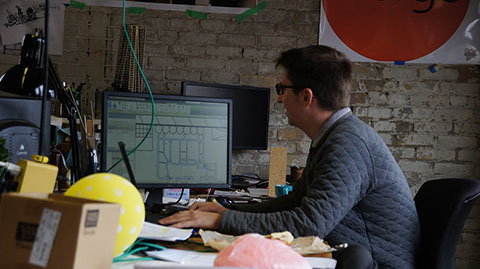
Ian also assisted in pervasive energy game research, development, and production where he researched, developed, and produced a physical energy game for k-12 students that turned their physical school into the gaming environment. Energy waste is everywhere, so this physical game provided students with a fun, interactive and competitive way about learning and reducing their energy consumption. The team then took this physical game and began thinking and conceptualizing what it might look like as a digital smartphone version for the masses. This is where Ian’s efargo involvement ended and has since been passed onto the next group of assistants.
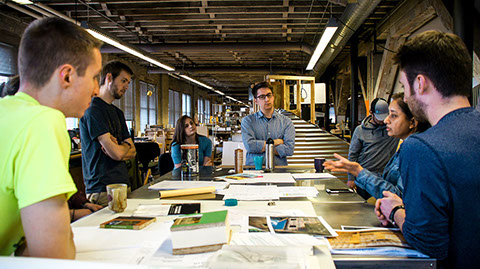
“Working with efargo and having the opportunity to be a part of the passive house design build studio was a major highlight during my years at NDSU. It’s a time that I will never forget and will always have wonderful memories of. We put in countless hours of hard work and determination and it paid off in an incredible way with a big win for the community. I’m thrilled for efargo and eager to see what the future holds.”
— Ian Schimke

Photo by Dylan Neururer
The leader of this project, NDSU professor Malini Srivastava, says the $5,000,000 prize will be used to finance new sustainable energy projects in the Fargo-Moorhead area with a goal of achieving a net-zero carbon future.
